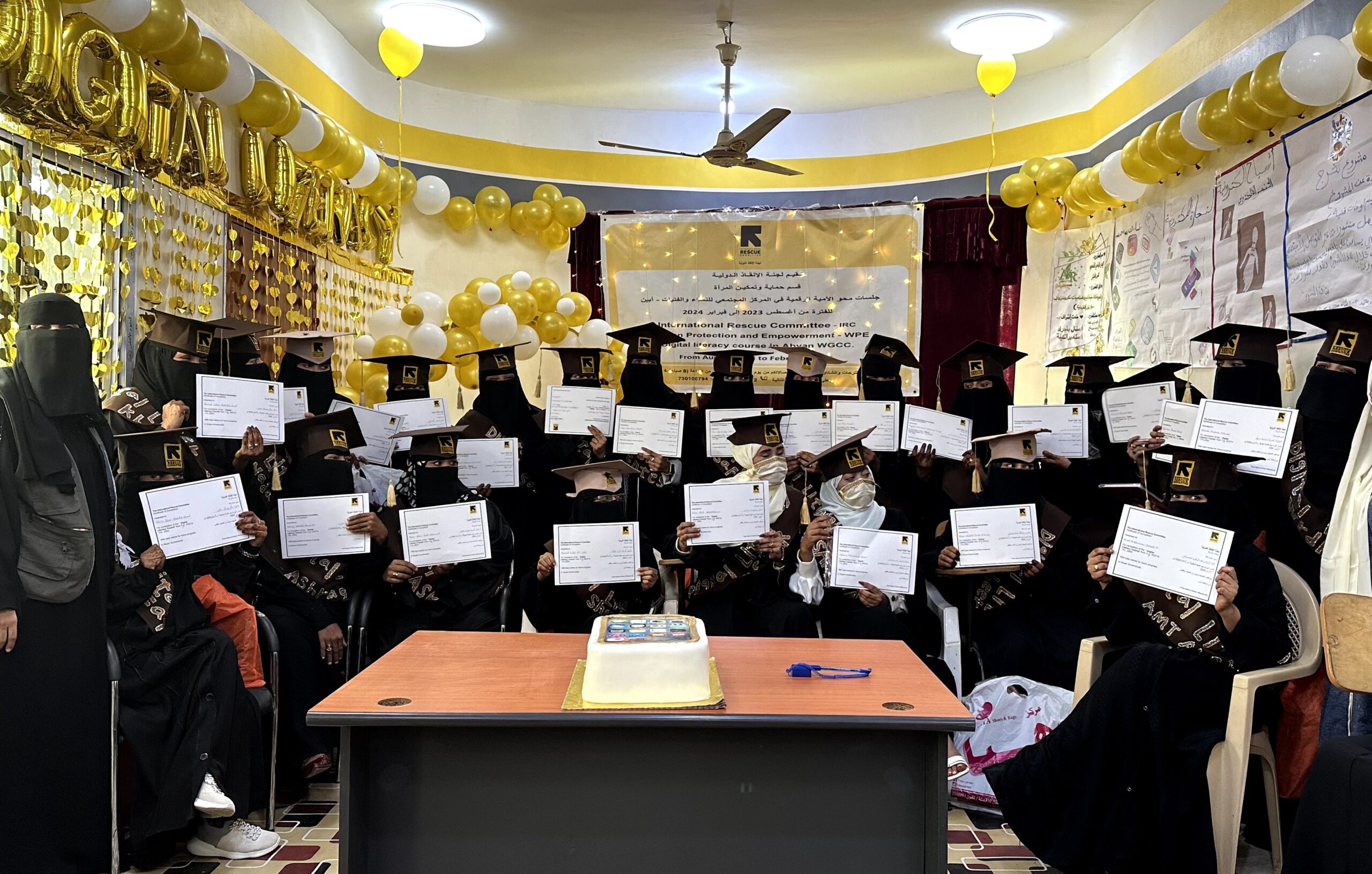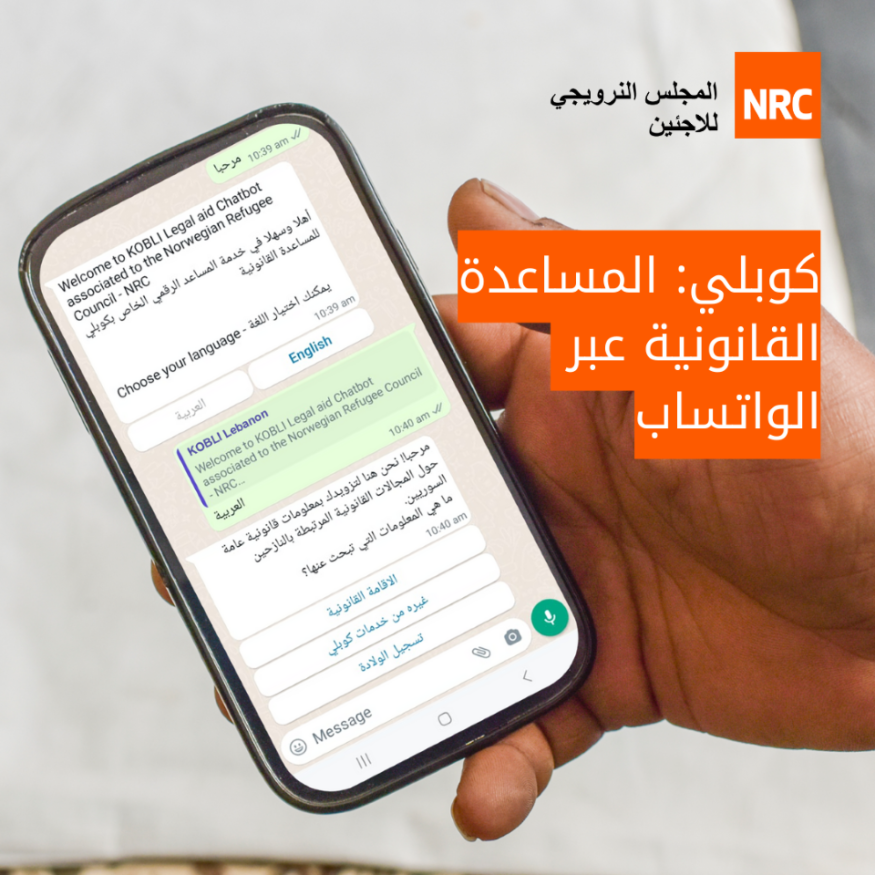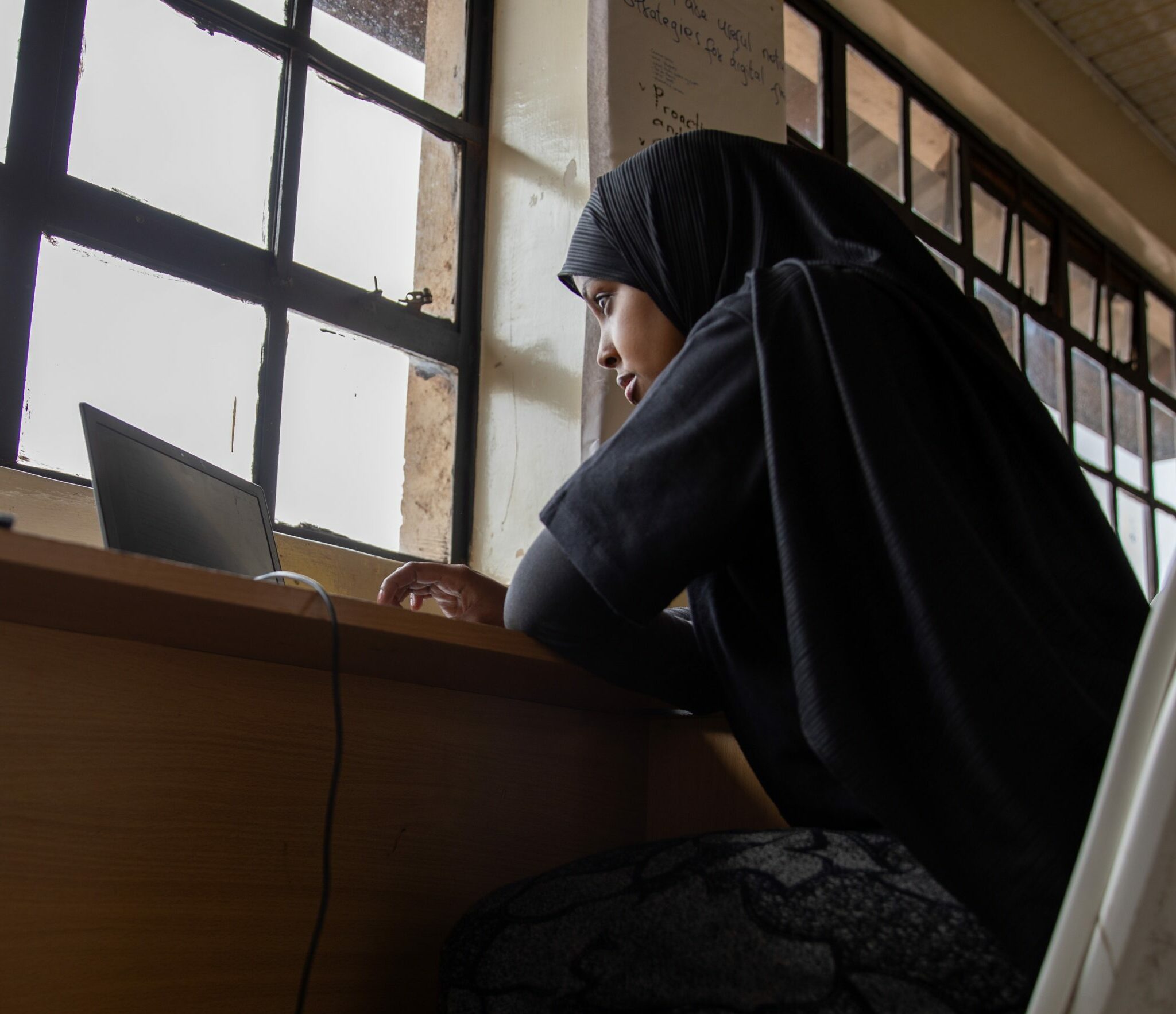معالجة الفجوة الجندرية الرقمية في المجتمعات النازحة من اليمن
يمكن للتكنولوجيا أن تشكّل عامل تمكينٍ كبير في السياقات الإنسانية، إذ تتيح الوصول إلى المعلومات والخدمات للسكان المتضررين. إلا أنه يجب معالجة العوائق الجندرية التي تحول دون الوصول إلى الأجهزة التي تعمل عبر الإنترنت كجزء من الاستجابة.



